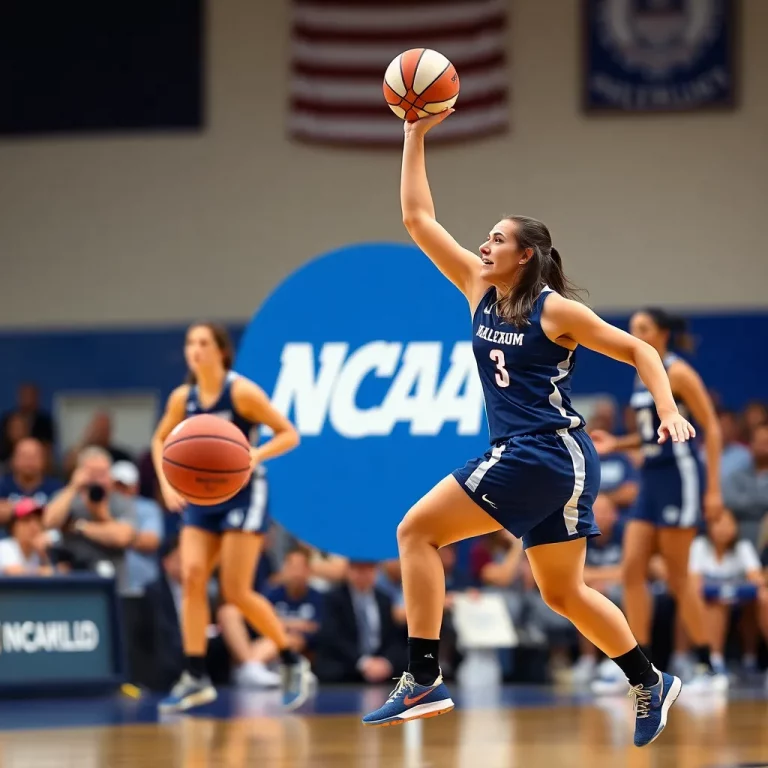In a significant move, the NCAA, the main body that governs collegiate sports in the United States, has released a new policy aimed at regulating competition in women’s sports. The announcement was made in Indianapolis on Thursday, stating that only student-athletes who were assigned female at birth will be eligible to compete in women’s categories. This policy is effective immediately.
This change comes in the wake of President Donald Trump’s recent executive order that prohibits transgender women from competing in women’s sports. NCAA President Charlie Baker explained that the new policy aims to establish clear and consistent eligibility standards in light of conflicting state laws and court decisions.
The NCAA represents around 1,100 colleges and universities across all 50 states, with a collective enrollment of over 530,000 student-athletes. Baker noted that there are fewer than ten transgender athletes currently competing in NCAA sports. Under the new guidelines, those who were assigned male at birth can still practice with women’s teams and receive certain benefits such as medical care but are not permitted to compete.
The education department has begun an investigation into three schools suspected of violating Title IX, a federal law that prohibits sex discrimination in educational institutions. The schools under investigation include San Jose State University and the University of Pennsylvania, which have allowed transgender athletes to compete in women’s events.
Trump has stated that from now on, women’s sports will be reserved explicitly for women. While supporters of the executive order argue that it restores fairness to sports, many LGBT advocacy and human rights groups have criticized the move, calling it discriminatory. Republican Congressman Andy Ogle praised the NCAA’s new policy, while sports columnist Nancy Armour criticized the organization’s decision as lacking common sense.
The situation continues to evolve, especially after three former swimmers from the University of Pennsylvania filed a lawsuit against several organizations, including the NCAA. They claim that the organizations violated Title IX by allowing their former teammate, Lia Thomas, a transgender woman, to compete against them. Studies suggest that less than 1% of the US population over 13 identifies as transgender, indicating that the number of transgender athletes is even smaller.
This policy shift follows President Trump’s earlier actions, including an executive order that defined sex strictly as male or female. As debates continue over LGBTQ rights and sports participation, the NCAA and other educational institutions are now exploring how to navigate this complex landscape.



